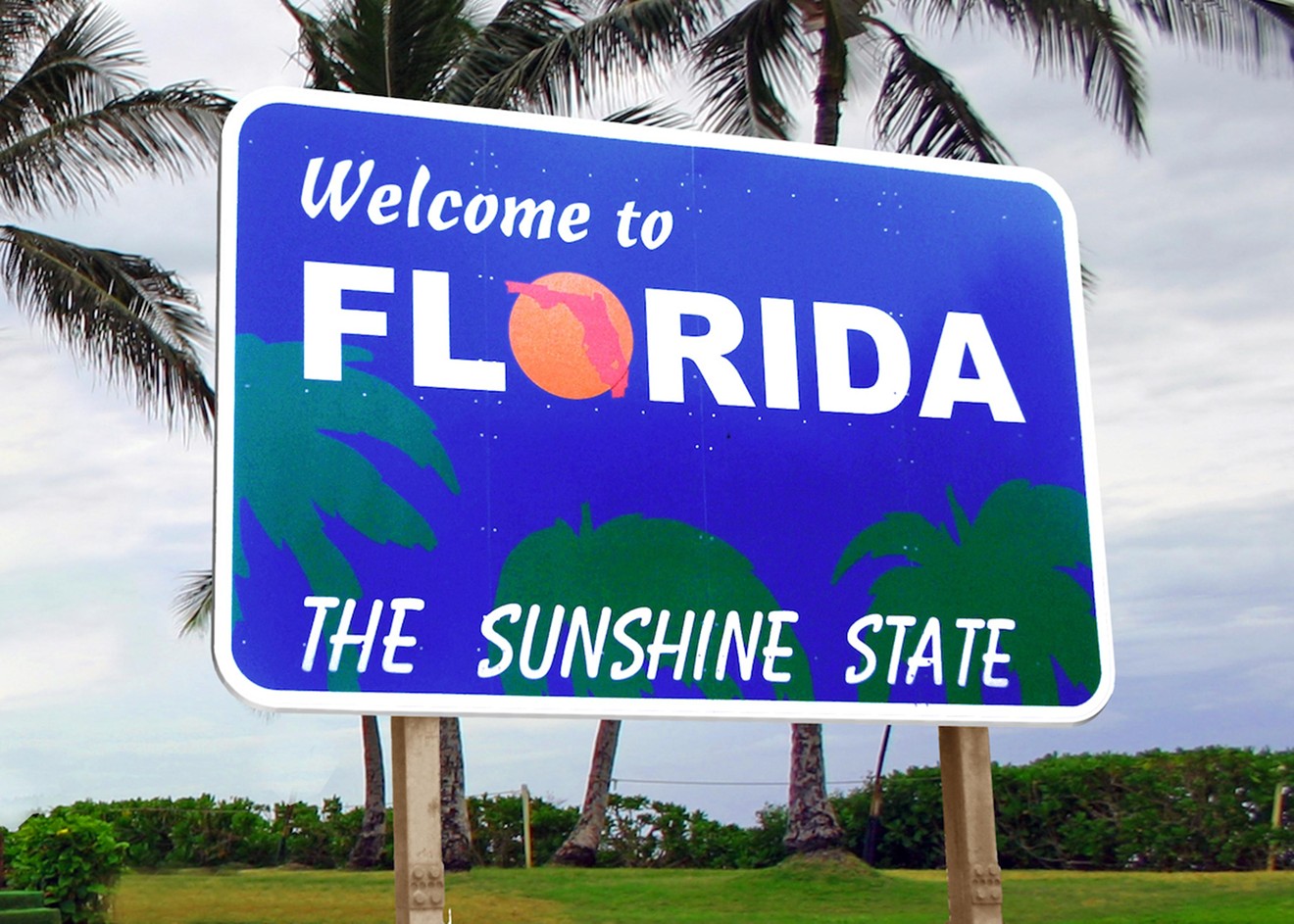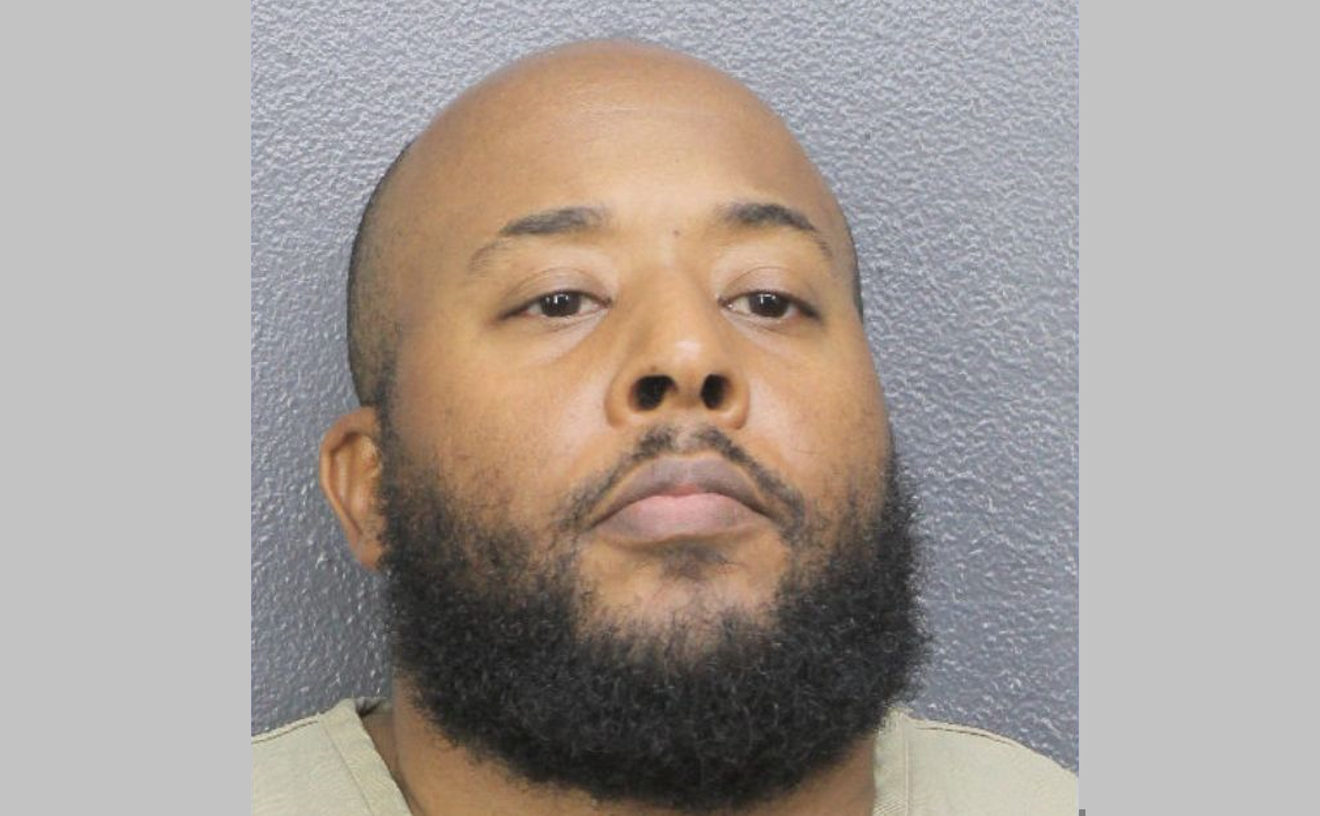If you're waiting to get public records from Florida's top law enforcement agency, stay in line!
Owing to staffing issues, which have been widespread across key state agencies, there is currently an immense backlog of public records requests at the Florida Department of Law Enforcement (FDLE). An FDLE spokesperson confirmed that the state agency has a queue of roughly 1,570 records requests as of December 20, and only four staff members to review and redact more than a terabyte of data for the entire state.
The department notes that two of these staff are new and in the process of being trained, which could take a year or more. They are dealing with a backlog that has been piling up for a long while, even before Gov. Ron DeSantis took office.
"We apologize for the delay, but FDLE's Public Records Unit has suffered staffing issues, which we are trying our best to rectify," an FDLE spokesperson tells New Times. "As a result, we have quite a backlog and are working diligently to remedy."
Florida is known to have some of the broadest open records laws in the United States, including the Sunshine Law, which guarantees residents' right of access to public meetings.
The state's tradition of public access stretches back to the passage of a still-pivotal records law in 1909 and was enshrined in the Florida Constitution by voters in 1992. The laws ensure that records created or received by a public agency in the course of official business are available for inspection, with the exception of some exempt and confidential information.
But while the legislation aims to ensure that Florida's government is transparent and accountable, long request backlogs make it difficult for everyone from your local reporter to your average nosy citizen to get public records and shine a light on the inner workings of the state.
"Agency compliance with governmental transparency laws is critical to any meaningful oversight by the public of their own government," says Caroline Klancke, executive director of the Florida Ethics Institute.
Klancke says that it's not unusual for government agencies to receive a large amount of public records requests. However, the volume of such requests — which she refers to as the "lifeblood of governmental accountability efforts" — cannot lead to an "unreasonable delay" in responses, as outlined in state law.
Florida statutes make it clear that providing access to public records is "a duty of each agency" — and, as such, places the burden of transparency on the agency creating and maintaining the records involving government business.
"Given the import of these public records responses to the functioning of government," Klancke says, "FDLE would be wise to make them a top priority and to allocate their personnel and technology resources accordingly."
An FDLE spokesperson acknowledges that there has been an increase in public records requests in recent years. After almost 4,200 requests were filed in 2022 — a 13 percent increase from 2021 — the agency is now on track to surpass that number for 2023, FDLE says.
"Unfortunately, due to the sheer volume of pending records requests and limited staff, we are unable to provide a fulfillment date at this time," the department says in response to New Times' records request submitted in September.
Government
Massive Public Records Backlog Piles Up at Florida Law Enforcement Agency
The state agency has a handful of staffers to sift through thousands of records requests that stream in each year.

Sunshine Law, Shmunshine Law!
Flickr via DonkeyHotey
[
{
"name": "Editor Picks",
"component": "17482312",
"insertPoint": "4",
"requiredCountToDisplay": "1"
},{
"name": "Inline Links",
"component": "18711090",
"insertPoint": "8th",
"startingPoint": 8,
"requiredCountToDisplay": "7",
"maxInsertions": 25
},{
"name": "Air - MediumRectangle - Combo - Inline Content",
"component": "17482310",
"insertPoint": "8th",
"startingPoint": 8,
"requiredCountToDisplay": "7",
"maxInsertions": 25
},{
"name": "Inline Links",
"component": "18711090",
"insertPoint": "8th",
"startingPoint": 12,
"requiredCountToDisplay": "11",
"maxInsertions": 25
},{
"name": "Air - Leaderboard Tower - Combo - Inline Content",
"component": "17482313",
"insertPoint": "8th",
"startingPoint": 12,
"requiredCountToDisplay": "11",
"maxInsertions": 25
}
]










